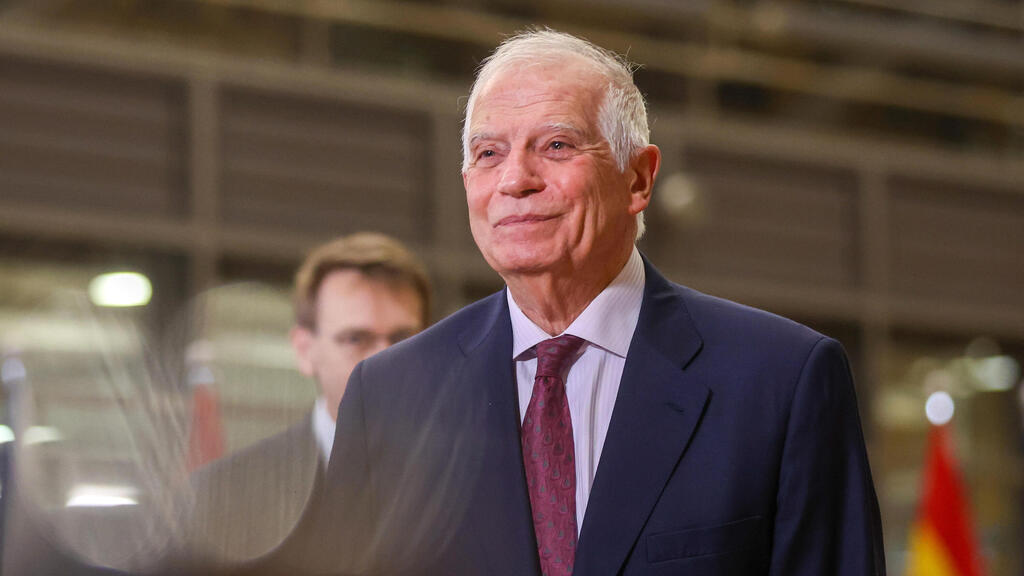The Düsseldorf Higher Regional Court ruled on Thursday that the attack on the Bochum synagogue in November 2022 was initiated by an Iranian state agency, and following the ruling, the German Foreign Office summoned the Iranian ambassador.
Read more:
"The application for EU listing of the Iranian Revolutionary Guards as a terrorist organization must now be submitted immediately," Volker Beck, President of the German-Israeli Society said. "The federal government must now take the initiative in Brussels."
"Iran is a terrorist state and the Revolutionary Guards are a tool to spread this terror around the world. The democratic constitutional state must not turn a blind eye to this, but must act to avert danger," Beck added.
"'Keeping channels open' cannot be a reason not to fight terrorism using all constitutional means. Anyone who takes diplomatic considerations when prosecuting terrorism opens up opportunities for terrorists to act and thus endangers external and internal security, including that of German citizens: Jewish institutions, representatives of the Jewish community and pro-Israel organizations in Germany are in Iran's crosshairs."
The court's decision could serve as a basis for the European Union to include Iran's Revolutionary Guards in its list of terrorist organizations. So far, EU foreign policy chief Joseph Borrell, among others, argued that without a ruling in any EU-member country defining the Revolutionary Guards as a terrorist group, the EU couldn't declare them as such. However, German security agencies believe that the Quds Force of the Revolutionary Guards ordered and planned the synagogue attack, though the court ruling doesn't explicitly name them.
"Based on the evidence, the suspect was instructed to attack the synagogue by an Iranian state agency," the verdict read. "It's evident that the suspect wanted for murder, collaborated with Iranian state agencies to ensure his stay in Iran and finance his lifestyle. Moreover, he didn't deny the state involvement in the crime during a recorded phone conversation on November 28, 2022."
Furthermore, the verdict stated that "the defendant was also aware that such an attack could indeed be in the interest of the Iranian authorities - to provoke insecurity in Germany. The planned attack on the synagogue could lead to insecurity and fear among the Jewish population, and it was also intended to impact the sense of security of the population."
First published: 00:08, 03.22.24




